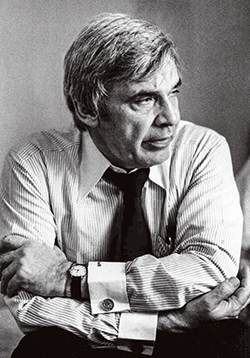HubertHoratioHornblower - January 22nd, 2019
Jimmy Carter was riding high. Through challenge after challenge, from the ABC movement spearheaded by Jerry Brown to the tumultuous nature of the primaries, he had done it: he was the nominee, the man to take back the White House. Now, though, he needed to make the biggest choice of his political career: who would be his right-hand man, the Vice President. Personally, he wanted to pick Scoop Jackson, whose fellow middle-of-the-road beliefs and foreign policy chops appealed to the internationally-inexperienced Governor. But Tim Kraft had other ideas. Tim Kraft always had other ideas.
“Jimmy, I’m going to be honest: Jackson is going to alienate a lot of people. Hell, even half of the staff doesn’t like him, and that’s just based on personality! It feels like you’re doubling down, not uniting the party.”
Carter’s protests took several hours to quell, but eventually Kraft and those who agreed with him won out over the candidate’s stubbornness. As such, they went to the next pick on the list. At the next morning’s press conference, Governor Carter made his announcement.
“For the Vice-Presidency, I intend to nominate Senator Birch Bayh.”
SuperWaffle1998 and 3 others like this.




